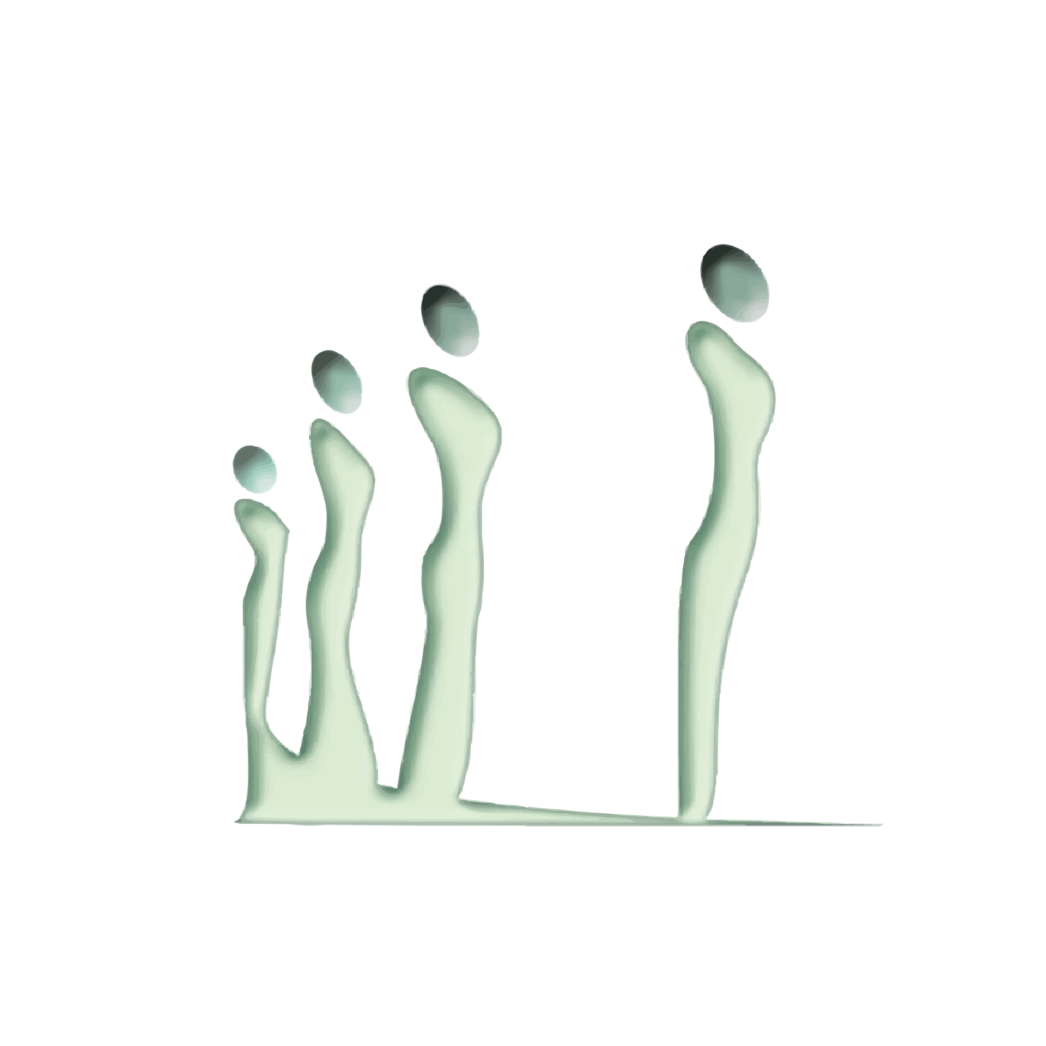The United Nations designated February 11th as the International Day of Women and Girls in Science to highlight the lack of gender diversity in the fields of science, technology, engineering, and math (STEM). Less than 30% of researchers worldwide are women. This statistic highlights just how important it is to encourage women and girls to enter these fields, and to celebrate the work that female scientists are doing to understand and improve our world.
Research is an integral part of how CanFASD functions. Our goal as an organization is to conduct research to better understand fetal alcohol spectrum disorder (FASD), and then use this research to develop evidence-based policies, programs, and resources to improve FASD prevention, diagnosis, and intervention.
At CanFASD, we are fortunate to have such strong representation from women on our research team. To celebrate February 11th and the International Day of Women and Girls in Science, we’d like to share some words of wisdom from these incredible researchers to maybe encourage you to get involved with FASD research.
What does research mean to you?
“My path to research was grounded in curiosity and after working in the trenches of child welfare for 16 years. I wanted to make a difference by engaging in research and influencing systems, policy and practice. There are two researchers among many who have influenced my work, Dr. Nancy Poole and Dr. Deb Rutman. I also get to see emerging scholars and CanFASD researchers who consistently strive for excellence in conducting and promoting research on one of the most vulnerable, marginalized, stigmatized and oppressed groups of people – individuals with FASD. We recognize the journey of struggle in women’s lives that lead to FASD and we strive to humanize these experiences through this research.”
– Dr. Dorothy Badry

Dr. Badry is a researcher and educator in the Social Sciences in the Faculty of Social Work at the University of Calgary. It is a true privilege for her to be a research lead with the CanFASD Research Network in the area of Child Welfare and to collaborate with other amazing women researchers across Canada and internationally. She aspires to research those edgy, uncomfortable spaces in the lives of children and families, women’s health, and substance use, and finds it incredibly hard and rewarding work. Her most recent publication is the FASD and Child Welfare issue paper, outlining the landscape of FASD and child welfare in Canada.
Why do you love science?
“I love science because it’s so innovative. It’s exciting to learn things from different areas and to be able to apply these in different ways to your own work. Science has traditionally been a male-dominated field, but women are just as successful, just an inquiring and just as inspirational with their work and in their leadership. It’s exciting to see work being done to reduce the gender gap in STEM.”
– Dr. Jocelynn Cook

Dr. Cook is a Diagnostic Research Co-Lead with CanFASD. Jocelynn also works with the Society of Obstetricians and Gynaecologists of Canada (SOGC) as their first Scientific Director. She is currently working with CanFASD to analyze data from the National FASD Database, an initiative that she helped to spearhead in 2017. This database is the only comprehensive FASD database in the world. It collects diagnostic information from clinics across Canada to give researchers a better understanding of the landscape of FASD in our country.
Why do you think it is important to have women in science?
“I think it is important to have women in science in order to give girls role-models to look up to. Where there is a lack of women present, there is a lack of diversity in perspectives and a lack of female input into important issues. For me, being a woman in science is to be someone that works for the betterment of the unique populations that we serve. In my work, that means wanting to make meaningful changes for people with FASD, their families, and their communities.”
– Dr. Kelly Coons-Harding

Dr. Coons-Harding is a Research Associate with CanFASD. Her research interests focus primarily on the knowledge and attitudes that health care professionals have surrounding FASD and alcohol consumption during pregnancy. Kelly has published a number of articles, including papers about health care students’ attitudes about alcohol consumption during pregnancy and Ontario health care professionals’ understanding of FASD. Kelly’s is currently researching the culture and attitudes surrounding alcohol consumption among women, particularly the rise of the “wine mom” (blog coming soon).
Do you have any advice for women and girls looking to get into science?
“Follow your heart and pursue your passions. Thinking differently and approaching challenges uniquely are strengths we bring to problem solving. I was once told by a mentor that my perceived challenges with balancing motherhood and research were actually my strengths as these parts of my life provided a healthy combination of challenge, perspective, and creative thought. This shifted my perspective and I’ve never looked back.”
– Dr. Jacqueline Pei

Dr. Pei is CanFASD’s Senior Research Lead. She works in the area of FASD intervention, conducting research and developing resources to support individuals with FASD in their daily lives and improve their future outcomes. She places the greatest value on her work with various community and government agencies. Her most recent publication is the Towards Healthy Outcomes for Individuals with FASD model, outlining the steps needed to ensure that effective approaches to FASD intervention are implemented across an individual’s lifespan.
Learn more about our amazing researchers here.

